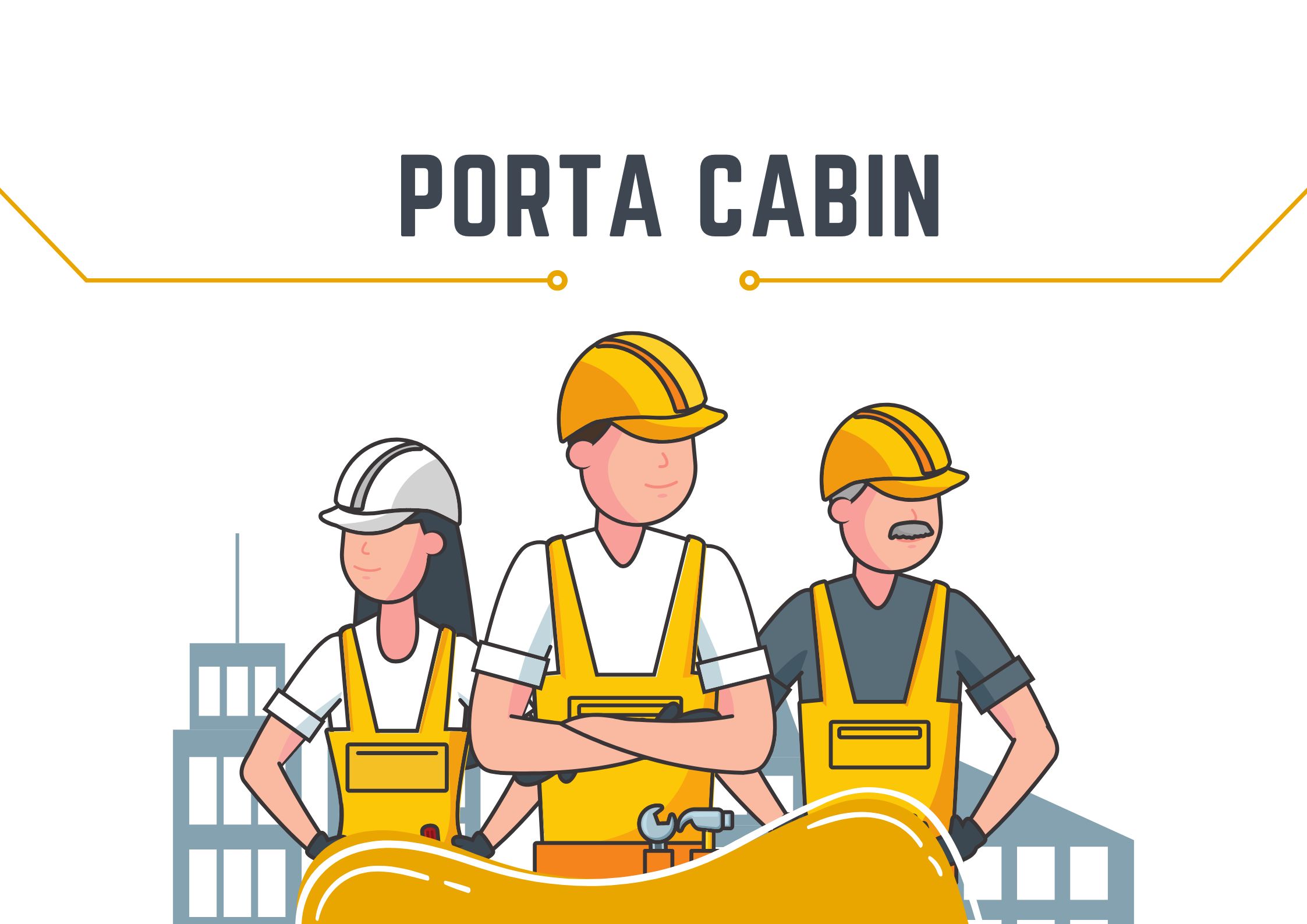Understanding the male ego is a crucial aspect of building healthy relationships and fostering effective communication. While the term “ego” may carry negative connotations, it is essential to recognize that the male ego, like the female ego, is a product of societal expectations and individual experiences. In this article, we will explore the male ego in depth, shedding light on its complexities and offering insights on how to navigate and understand it.
What is the Male Ego?
- The male ego refers to an individual’s sense of self-identity and self-worth, as influenced by societal norms and expectations surrounding masculinity.
- Many men feel pressure to adhere to traditional roles and exhibit certain character traits such as strength, self-reliance, and control.
- The male ego can greatly influence a man’s behavior, decision-making, and interaction with others.
Unpacking Societal Influences
- Society’s definition of masculinity shapes the male ego.
- From a young age, boys are often encouraged to display characteristics associated with stereotypical masculinity, such as competitiveness and emotional reservation.
- This societal conditioning can create deep-rooted insecurities and fears of being perceived as weak or vulnerable.
- The male ego may be reinforced by societal constructs, such as the belief that men should be the primary providers or the expectation to exhibit physical dominance.
- These expectations can lead to feelings of pressure and the need to maintain a certain persona.
- From a young age, boys are often encouraged to display characteristics associated with stereotypical masculinity, such as competitiveness and emotional reservation.
Vulnerability and the Male Ego
- The male ego can often be guarded and resistant to vulnerability.
- Traditional notions of masculinity discourage men from showing emotions or seeking help.
- As a result, many men may struggle to communicate their feelings, as they fear it may undermine their masculine identity.
- Recognizing and acknowledging this vulnerability is crucial for fostering healthier relationships and promoting emotional well-being.
- Traditional notions of masculinity discourage men from showing emotions or seeking help.
Navigating the Male Ego in Relationships
- Effective communication is key when navigating the male ego in relationships.
- Show empathy and create a safe space for open dialogue.
- Encouraging your partner to express their emotions without judgment allows for a deeper connection and understanding.
- Validate and appreciate your partner’s strengths.
- Recognize their achievements and contributions, reinforcing a positive sense of self-worth.
- Encourage self-reflection and personal growth.
- Support your partner in challenging societal expectations and embracing vulnerability as a strength.
- Seek professional help when needed.
- Therapy or counseling can provide a safe environment to address deeper emotional issues and develop healthier coping mechanisms.
- Show empathy and create a safe space for open dialogue.
The Importance of Self-Awareness
- Developing self-awareness is crucial for understanding and managing the male ego.
- Encourage self-reflection and introspection.
- By examining one’s own beliefs and biases, individuals can better understand how their ego influences their behavior and interactions with others.
- Practice active listening and empathy.
- Engaging in genuine conversations and seeking to understand others’ perspectives helps in developing a stronger sense of self-awareness.
- Embrace vulnerability and challenge societal expectations.
- By challenging the restrictive norms surrounding the male ego, individuals can foster personal growth and build more fulfilling, authentic relationships.
- Encourage self-reflection and introspection.
Conclusion
Understanding the male ego requires us to look beyond stereotypes and societal expectations. By acknowledging the complexities and vulnerabilities that shape one’s sense of self, we can foster healthier relationships and promote emotional well-being. Navigating the male ego involves creating a safe space for open dialogue, supporting personal growth, and challenging restrictive norms. When we approach the male ego with empathy and a willingness to understand, we can forge deeper connections and build stronger, more meaningful relationships.




